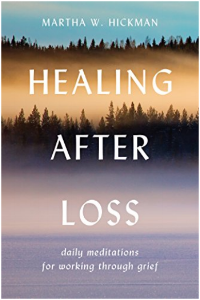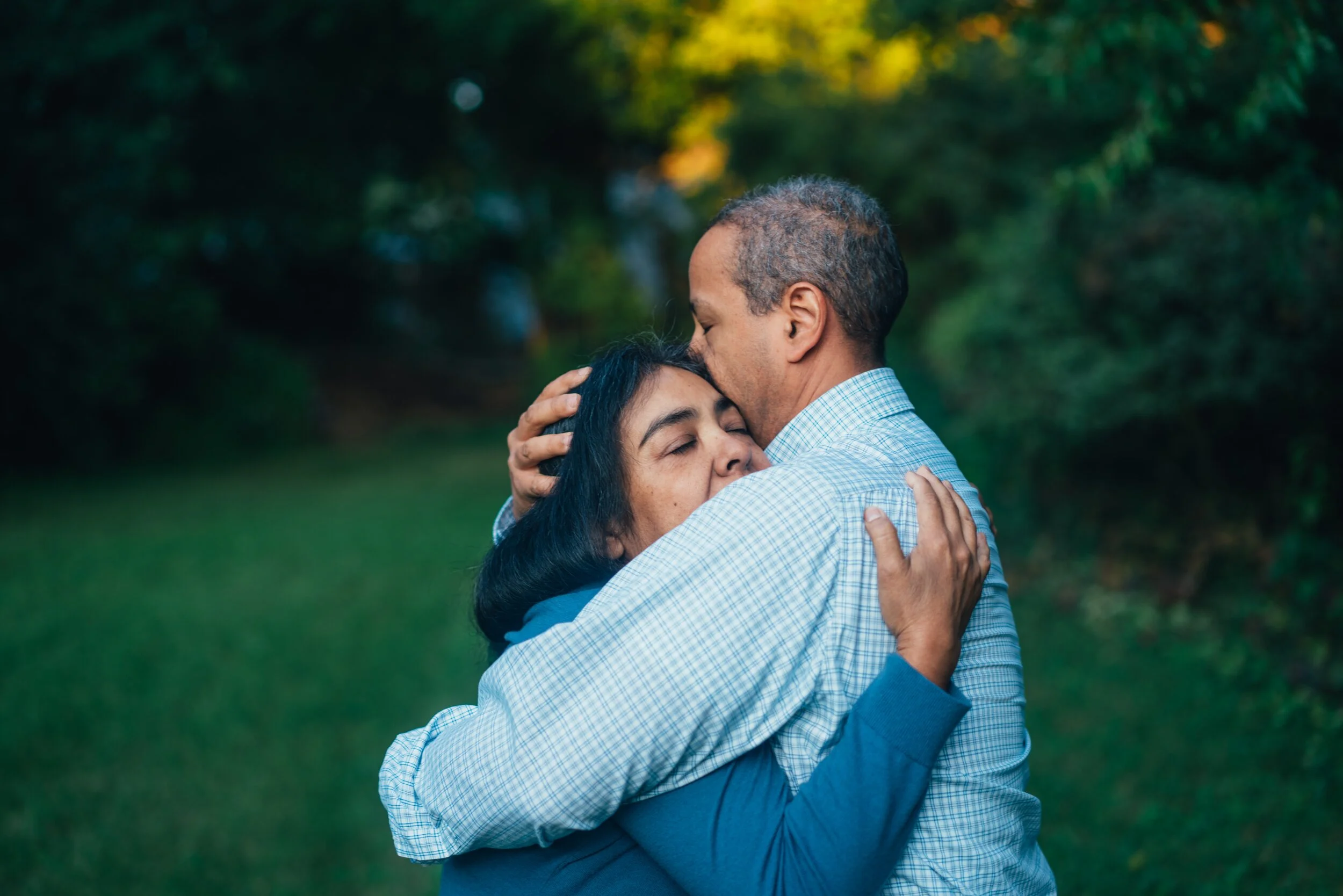Grief & Loss Counseling
Losing a loved one can feel like the rug of your life is ripped out from underneath you. Whether the loss is unexpected and sudden or the result of a prolonged illness, it is never easy. There is no one way to grieve. Healing is not linear and everyone grieves on their own timeline. Some days may feel easier than others and then one day may feel like you took two steps back.
Talking with a psychologist about your experience can be a big step on the path toward healing. You can learn effective ways to cope with the difficult waves of sadness and inertia that can accompany grief. You can also talk with your therapist about ways of remembering your loved one that feel meaningful to you. We are here for you every step of the way.
Our goals for you in therapy will include helping you with the following components of the healing process:
Helping you accept the loss
Processing your emotions
Adjusting to life after the loss
Planning for life in the future
Types of Grief
Therapy for Bereavement
Loss of Loved Ones
Losing a partner, child, or family member is painful beyond measure. We make meaning in our life in relation to others and when those we love are taken from us it is extremely difficult to recalibrate our hearts. It can seem as if the horizon has permanently tilted and you may wonder if your world will ever be right again. While some days may feel hopeless and you may feel angry or depressed, there is hope. It’s not easy and requires putting one foot in front of the other, but therapy can help facilitate the process of healing and provide you with healthy coping skills.
Therapy for Disenfranchised Grief
Disenfranchised Grief
It is possible to be bereaved of things that society does not readily acknowledge. This may be the loss of a friend or a pet that has been incredibly important to you. You may have felt loss if you gave a child to the process of adoption. Deep loss can also be felt when learning of a trauma that occurred in a previous generation of your family. Loss of possibility or functionality, such as a perceived life path, loss of a limb, or physical abilities is also a form of grief. Other forms of loss may include losing a home or valued object. Working with a therapist can help you express the loss you are experiencing and receive the support you need.
Therapy for Traumatic Bereavement
Traumatic Bereavement
Loss that occurs in the context of a traumatic event is sudden and unexpected. Learning that a loved one has died due to an accident, terrorist attack, violent crime, suicide, or natural disaster can complicate the already difficult process of grief. You may be experiencing symptoms of traumatic stress and it is important that you receive support to help you process your experience. These symptoms may be even more pronounced if you witnessed the event. It is important to talk about it even though it may feel like that’s the last thing you want to do. Working with a therapist trained in evidence-based care for trauma can make all the difference.
Recommended Books:
Healing After Loss: Daily Meditations for Working Through Grief by Martha Hickman
We Can Help!
If you have any questions about our clinic or the therapy process, give us a call and we would be happy to answer them for you. Our clinicians offer complimentary fifteen minute phone consultations prior to scheduling your first appointment. If you have general inquiries or are ready to schedule, contact our front desk at (919) 245-7791 or admin@breytapsych.com. Call or email today!















